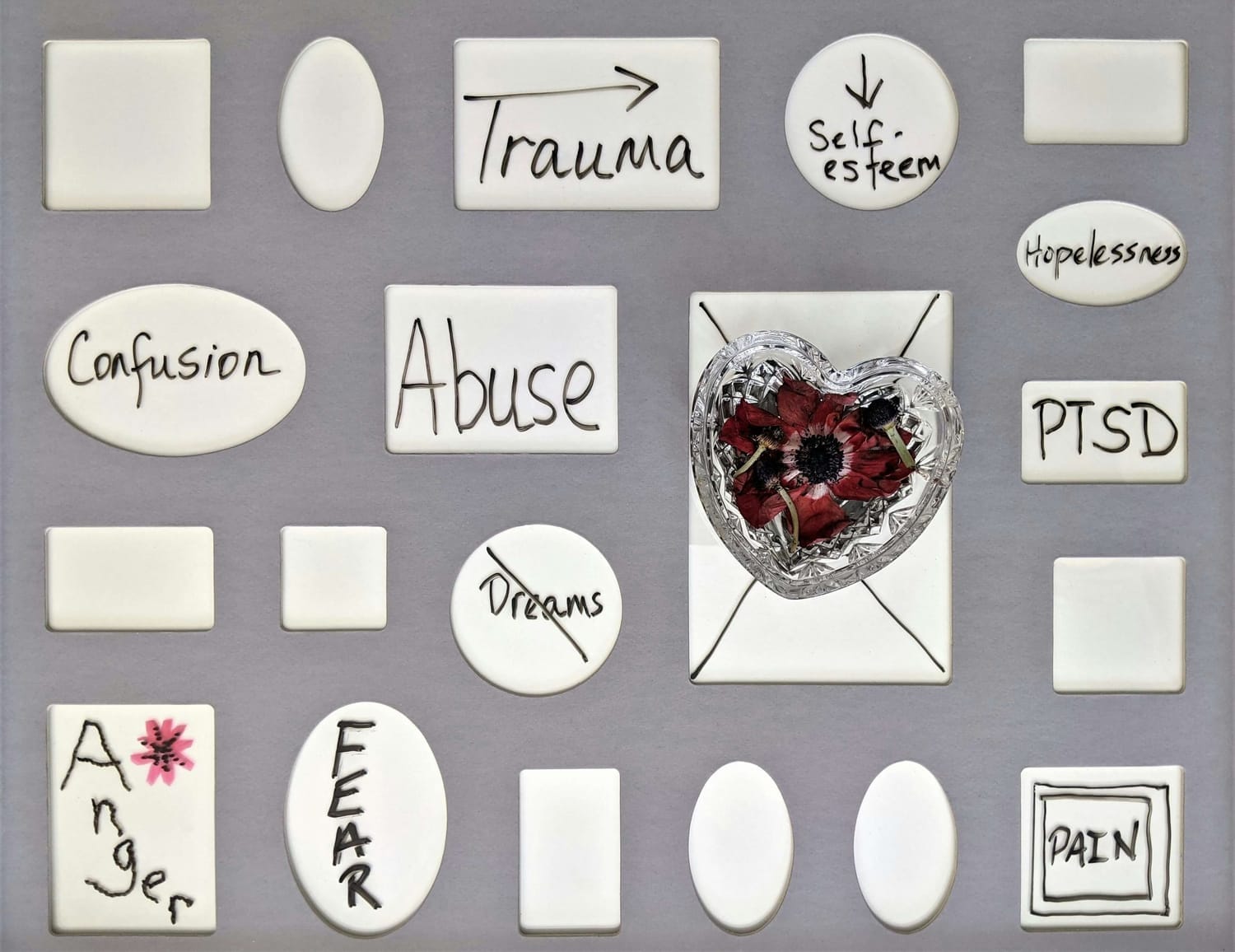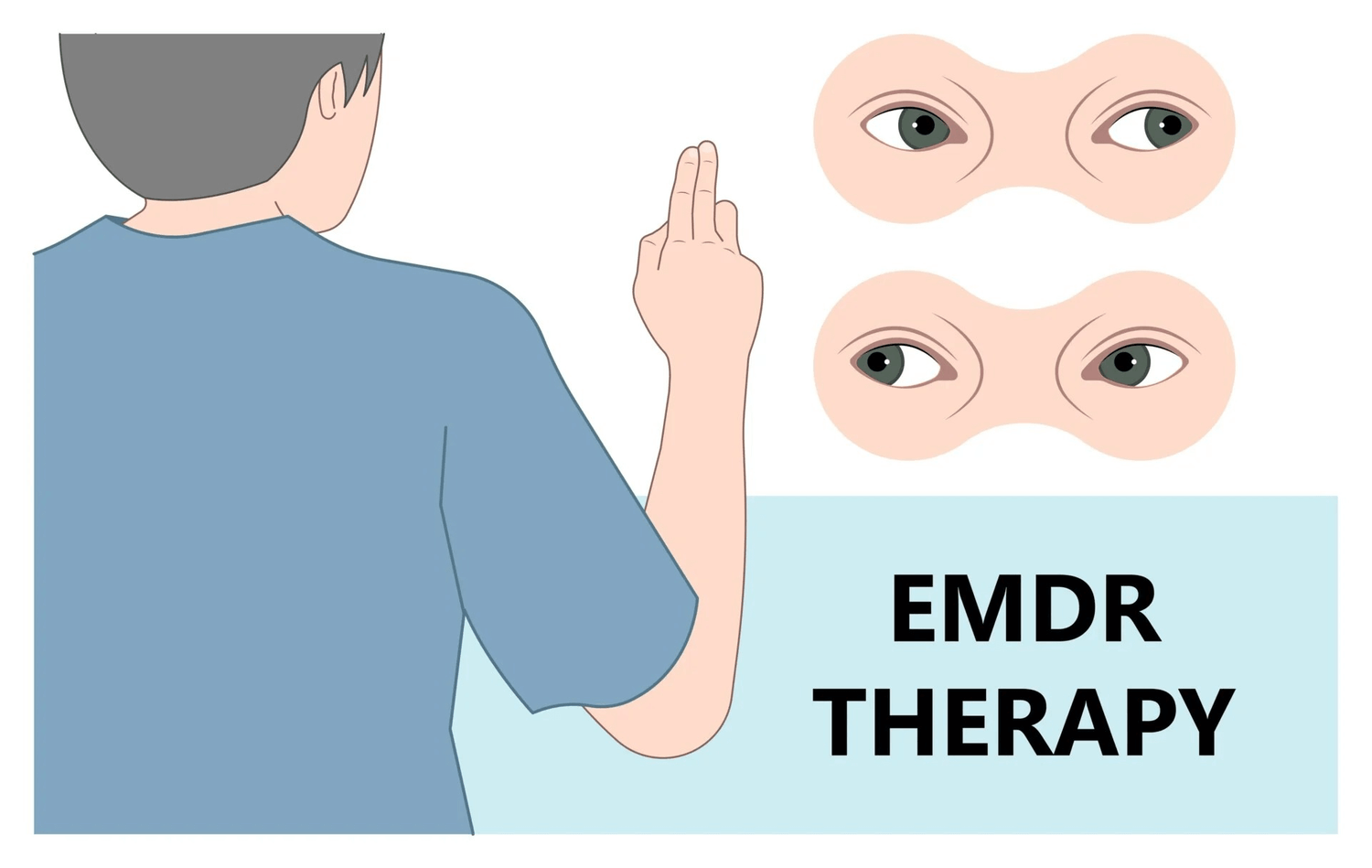The Body Keeps the Score
Dr. Bessel van der Kolk is a pioneering Dutch American psychiatrist and neuroscientist with over 50 years of research and experience in the evaluation and treatment of trauma.
He has treated all kinds of trauma, starting with Viet Nam veterans. These men often had tremendous difficulty returning to their stateside lives and were haunted by their dead comrades and the other horrors of war.
His 2014 book, The Body Keeps the Score: Brain, Mind, and Body in the Healing of Trauma, explores the profound impact of trauma on individuals.
He illustrates how trauma reshapes the brain, body, and mind and discusses innovative approaches to healing that go beyond medication and traditional talk therapy.

Trauma is a mind-body disconnection. The mind will try to bury trauma to protect the individual, but the body remembers by holding on to the raw sensations, emotions, and survival instincts that were activated during the original event.
Trauma, whether from combat, abuse, or neglect, alters the brain’s wiring. Traumatic experiences disrupt the body’s stress response systems and lead to symptoms such as hyperarousal, dissociation, and intrusive memories.
This makes the point that trauma is not only psychological, but physiological – it is stored in the body as much as in the mind.
Trauma survivors may relive their experiences through nightmares, flashbacks, body memories, and emotional numbness or dysregulation.
It affects how they feel, think, and connect with others.
Trauma is not merely a difficult or unpleasant event in life, but a significant disconnect between the mind and body in response to overwhelming and threatening experiences.

There are three parts of the brain that relate to the neuroscience of trauma.
The brain’s smoke detector, the amygdala, becomes hyperactive and is constantly alert. This triggers fight-or-flight responses even in safe situations.
The brain’s watchtower, the prefrontal cortex, is under-activated. It struggles to regulate these reactions, leaving individuals stuck in a state of fear or numbness.
The hippocampus relates new input to past experiences where time becomes distorted, and the past feels like the present.
The result of these brain interactions causes people to remain trapped in survival mode.
Trauma fragments memory, making it difficult for individuals to construct coherent narratives of their experience, thus complicating any kind of traditional therapy approaches.
Dr. Kolk’s book also discusses developmental trauma, particularly in children. Chronic abuse or neglect disrupts attachment and self-regulation, leading to long-term emotional and behavioral challenges.
Many adults suffer the invisible scars of early abuse, neglect, or attachment wounds. As children, they were more likely to struggle with learning, emotional regulation, and relationships, develop physical illness or addiction, and suffer from depression, anxiety, or dissociation.
Child abuse and neglect is the single most preventable cause of mental illness, the single most common cause of drug and alcohol abuse, and a significant contributor to leading causes of death such as diabetes, heart disease, cancer, stroke, and suicide.

Dissociation is the essence of trauma. The overwhelming experience is split off and fragmented, so that the emotions, sounds, images, thoughts, and physical sensations related to the trauma take on a life of their own.
Trauma isn’t just remembered – it is reenacted. The sad truth is that people often unconsciously recreate traumatic dynamics in their adult relationships. This is the brain’s attempt to resolve the unfinished survival responses, but it cannot.
Since trauma is often a preverbal bodily experience, the components are beyond the reach of language, and manifest in other destructive ways. Language is then a barrier to healing.
A person might know why he freezes, dissociates, or becomes enraged, but the body will continue to react from the stored survival responses.
This naturally leaves the person feeling trapped and out of control.
When a person can shift from reliving the experience to remembering it instead, this is a crucial step for recovery.

True healing, therefore, must involve the entire body and nervous system, not just the mind. Here is where traditional medication and talk therapy fall short. Trauma is nonverbal and sensory, i.e., therapies need to go beyond words.
Through many decades of his work Dr. van der Kolk has shown that trauma can be healed.
He employs several different modalities depending on the individual.
Here are the broad categories:
Top-Down Approaches [Mind → Body]
EMDR [Eye Movement Desensitization and Reprocessing]
Internal Family Systems [IFS] therapy
Mindfulness and trauma-informed talk therapy
Rebuilding safe relationships
Bottom-Up Approaches [Body → Mind]
Yoga: builds body awareness and calms the nervous system
Breathwork: shifts people out of fight-or-flight mode
Somatic experiencing: gently processes body-held trauma
Theater, dance, movement, and group activities: help express what words cannot
Brain-Based Interventions
Neurofeedback: trains the brain to self-regulate
Meditation and visualization
Creating rhythm and routine: promotes safety and integration

Dr. van der Kolk highlights the guiding principles for trauma recovery:
Safety is the foundation – you can’t heal if you feel threatened
Connection matters – isolation deepens trauma
Trauma isn’t in your head; it’s in your body – you cannot think your way out of it
Healing means reclaiming your body, emotions, and narrative
Recovery involves learning to feel again – safely
There is no one-size-fits-all solution – healing is personal and layered
The Body Keeps the Score offers a solid roadmap for understanding and healing trauma. It challenges conventional psychiatric approaches and underscores the importance of integrating body-based and relational therapies.
More than anything else, being able to feel safe with other people defines mental health; safe connections are fundamental to meaningful and satisfying lives.
If you or a loved one needs help overcoming trauma, these resources may be a good start. Best wishes for your recovery.

References
The Body Keeps the Score: Brain, Mind, and Body in the Healing of Trauma PDF
The Body Keeps The Score | Bessel van der Kolk, MD.
The Body Trauma Expert: This Eye Movement Trick Can Fix Your Trauma!
Your reality narrows after trauma — here’s how to expand it | Bessel van der Kolk
About EMDR Therapy: The 8 Phases of EMDR
Bessel van der Kolk Explains Trauma
How the body keeps the score on trauma | Bessel van der Kolk for Big Think+
The Body Keeps the Score Animated Book Summary
The Body Keeps the Score | School of Life
The Secret To Healing Trauma | Dr. Gabor Mate
The Body Keeps the Score - Book Summary by a Therapist
The Hidden Price Of Unprocessed Trauma - Bessel van der Kolk
The Body Keeps the Score | Full Audiobook | Brain, Mind & Trauma Recovery Explained
Hi, I'm Ellen...
... and I am a writer, coach, and adventurer. I believe that life is the grand odyssey that we make of it.
I would like to help you live a truly magnificent and happy life no matter your age and current situation.
You deserve to experience your hero’s journey to its fullest.
What are you waiting for?
There is only now and the next choice.
Subscribe to my email list here
your privacy is protected and you can unsubscribe any time
Subscribe to the Triumph and Grace newsletter
your privacy is protected - unsubscribe any time

